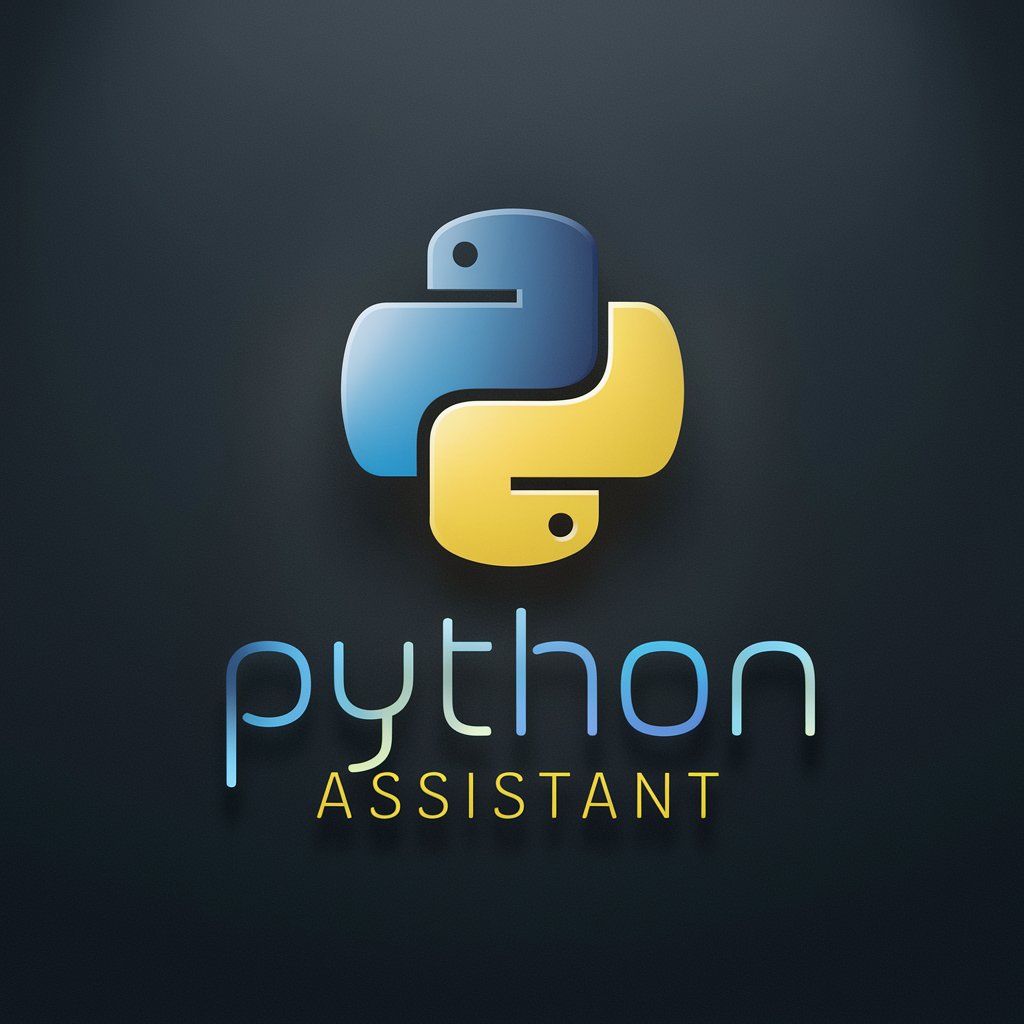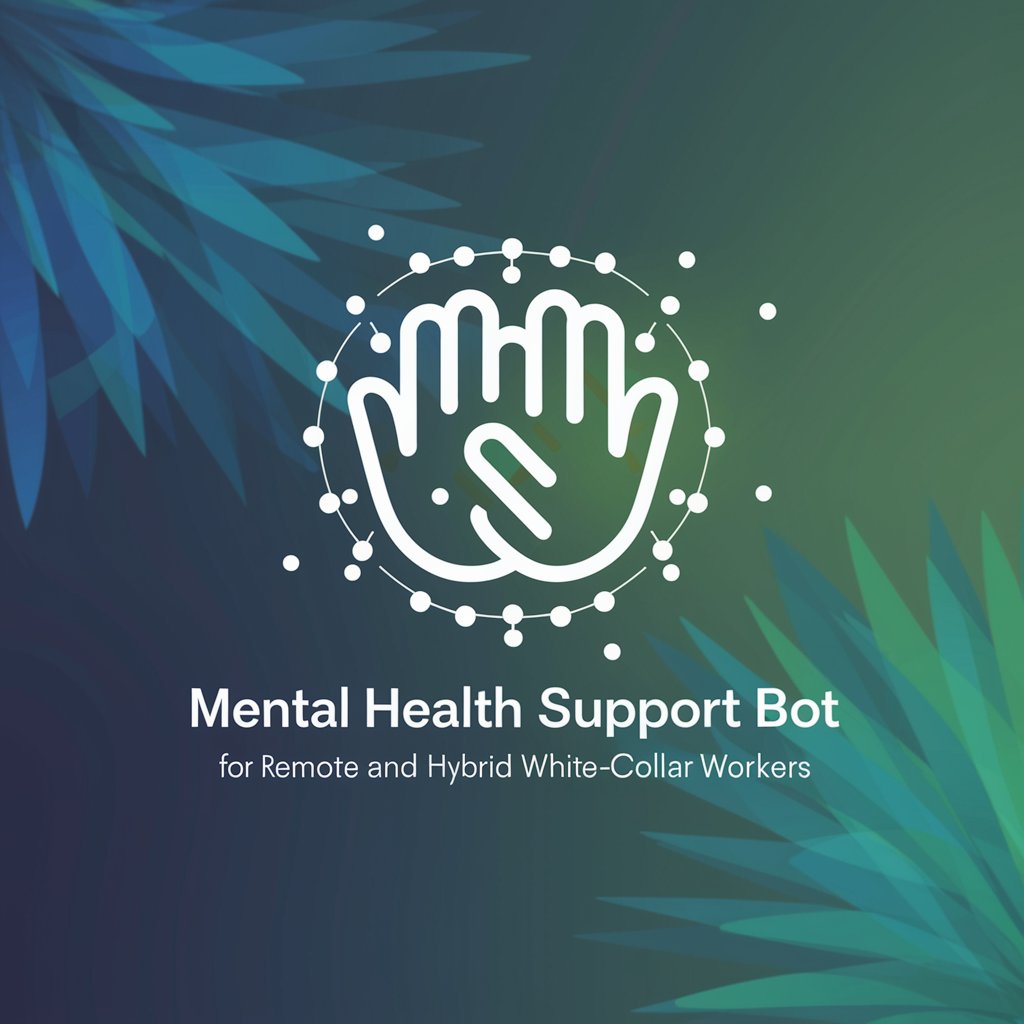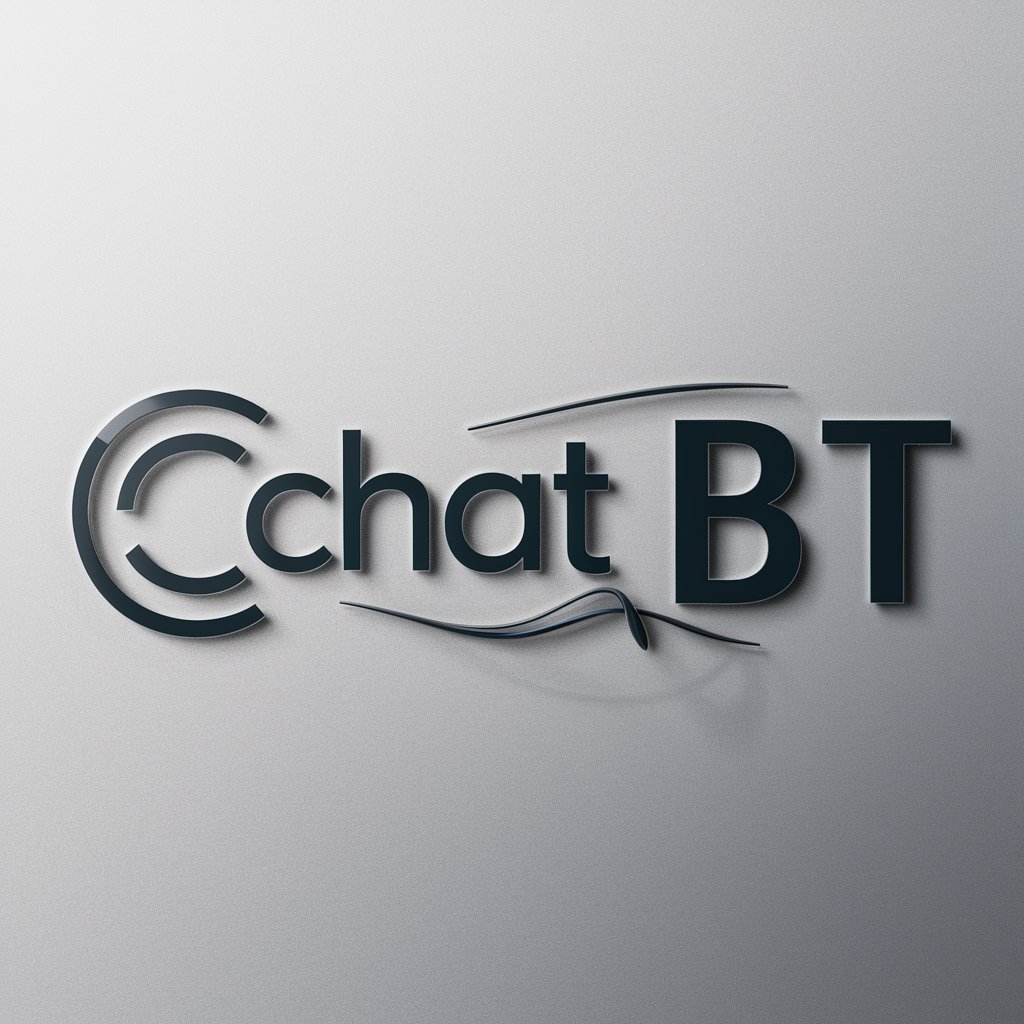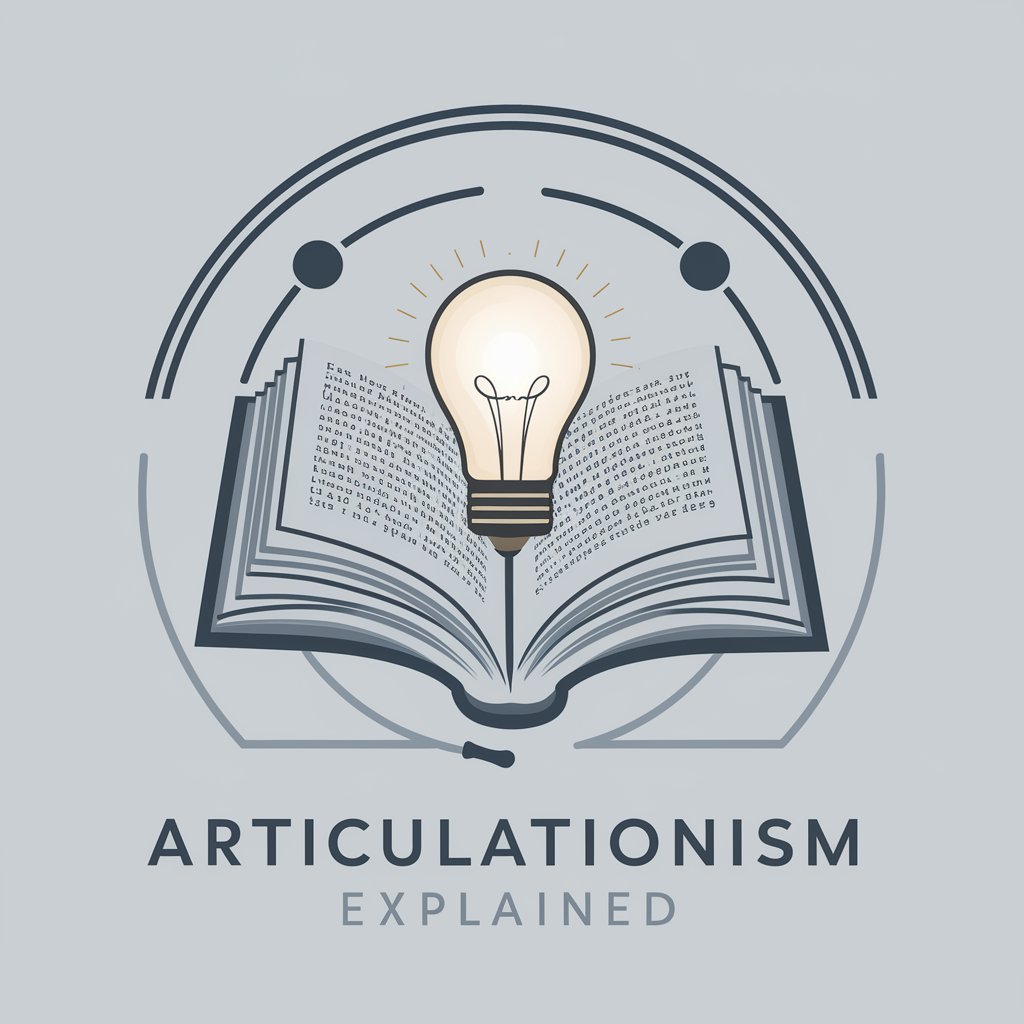
Learn Python - Python Learning Tool

Hello! How can I assist you with Python today?
Empowering Python Learning with AI
How do I...
Can you explain...
What is the best way to...
I'm having trouble with...
Get Embed Code
Overview of Learn Python
Learn Python is a specialized GPT designed to assist users in learning and understanding Python programming language, ranging from basic syntax to advanced concepts. It operates by interpreting user queries about Python and providing detailed explanations, examples, and guidance tailored to the user's knowledge level. For instance, if a beginner asks about variables in Python, Learn Python would explain what variables are, how they are used in Python, and provide simple examples to illustrate their use. Conversely, for more advanced users, it could delve into topics like decorators or generators, offering insights into their mechanics and use cases. The design purpose of Learn Python is to make Python programming accessible to everyone, regardless of their prior knowledge, and to serve as a real-time, interactive learning companion. Powered by ChatGPT-4o。

Core Functions of Learn Python
Explaining Python Concepts
Example
For a query about list comprehensions, Learn Python would explain the concept, syntax, and provide an example, such as creating a list of squares using a single line of code.
Scenario
A user new to Python wants to understand how to create lists more efficiently.
Solving Python Errors
Example
When a user encounters a syntax error, Learn Python can explain the common reasons for such errors and how to fix them, perhaps suggesting to check for missing colons or incorrect indentation.
Scenario
A beginner is frustrated with repeated syntax errors and doesn't understand the error messages.
Optimizing Python Code
Example
For an intermediate programmer looking to improve the performance of their code, Learn Python might suggest using generator expressions instead of list comprehensions for memory efficiency.
Scenario
An intermediate user is building a large-scale application and needs to optimize memory usage.
Python Libraries and Frameworks
Example
If a user is interested in web development with Python, Learn Python could introduce Django or Flask, providing an overview of each and examples of simple web applications.
Scenario
A user wants to start a web development project but doesn't know which framework to choose.
Target User Groups for Learn Python
Beginners to Python
Individuals new to programming or Python specifically, who need foundational knowledge and prefer learning through interactive sessions. Learn Python can provide them with a solid base, explaining concepts in simple terms and offering practical examples.
Intermediate Python Programmers
Those who have basic Python skills and are looking to deepen their understanding of more complex concepts, such as decorators, generators, or working with databases. Learn Python can guide them through these advanced topics with detailed explanations and real-world use cases.
Educators and Instructors
Teachers who require supplemental teaching tools to provide to their students. Learn Python can serve as an additional resource, offering explanations and examples that can be used in teaching materials or as homework help.
Professionals Seeking to Upskill
Professionals in fields that are increasingly relying on data analysis, automation, or software development who wish to add Python to their skill set. Learn Python can help them apply Python in their current roles, making them more versatile and improving their problem-solving capabilities.

How to Use Learn Python
Start with YesChat
Begin your Python learning journey by visiting yeschat.ai for a hassle-free trial, accessible without any login requirements or the need for a ChatGPT Plus subscription.
Identify Your Learning Goals
Clarify your objectives with Learn Python, whether you're starting from scratch, looking to improve your coding skills, or seeking to solve specific Python-related problems.
Engage with Interactive Sessions
Utilize the interactive Q&A format to ask any Python-related questions. The tool adapts to your knowledge level, ensuring you receive explanations that match your understanding.
Practice Regularly
Make the most of Learn Python by practicing regularly. Experiment with the examples provided and try modifying them to see different outcomes and deepen your understanding.
Utilize Advanced Features
Explore advanced features like code debugging, project suggestions, and personalized learning paths to enhance your Python skills in a more structured manner.
Try other advanced and practical GPTs
Mental Health Bot for Remote & Hybrid Workers
Empowering remote work with AI companionship

MALAYALAM
Unlocking Malayalam's Rich Literary and Cultural Heritage

Meta Culture People
Discover the world through stories

Auto Expert
Empowering Car Enthusiasts with AI

chatdbt
Streamline Your dbt Projects with AI

The New Philosophy
Empowering Personal and Societal Harmony

Finance Insight Expanded
Empowering financial literacy through AI

RealEstate Investment Analysis
Empowering Investments with AI Analysis

GLOBAL MEDSCHOOL NAVIGATOR
Empowering your medical education journey with AI.

Malayalam Movies
Dive Deep into Malayalam Cinema with AI

Mitzvah Gift Master
Tailored Mitzvah Gifts Powered by AI

Caddie Daddy
Elevate Your Golf Game with AI

Frequently Asked Questions about Learn Python
Can Learn Python help beginners?
Absolutely. Learn Python is designed to assist learners at all levels, including beginners. It provides foundational knowledge, basic concepts, and simple examples to help newcomers get started with Python programming.
Does Learn Python offer solutions to complex coding problems?
Yes, it does. For more experienced programmers, Learn Python can offer in-depth explanations and solutions to complex coding problems, including data structures, algorithms, and advanced Python libraries.
Can I get personalized learning recommendations from Learn Python?
Learn Python tailors learning experiences based on your queries and understanding level. While it doesn't create a personalized curriculum, it dynamically adjusts its responses to fit your learning needs.
Is there a way to track my progress with Learn Python?
While Learn Python doesn't directly track your progress, you can gauge your learning through the complexity of the questions you're able to understand and the Python tasks you can accomplish over time.
How does Learn Python stay updated on the latest Python developments?
Learn Python regularly updates its knowledge base from reputable sources, including the official Python documentation, to ensure it provides accurate and current information on Python programming.